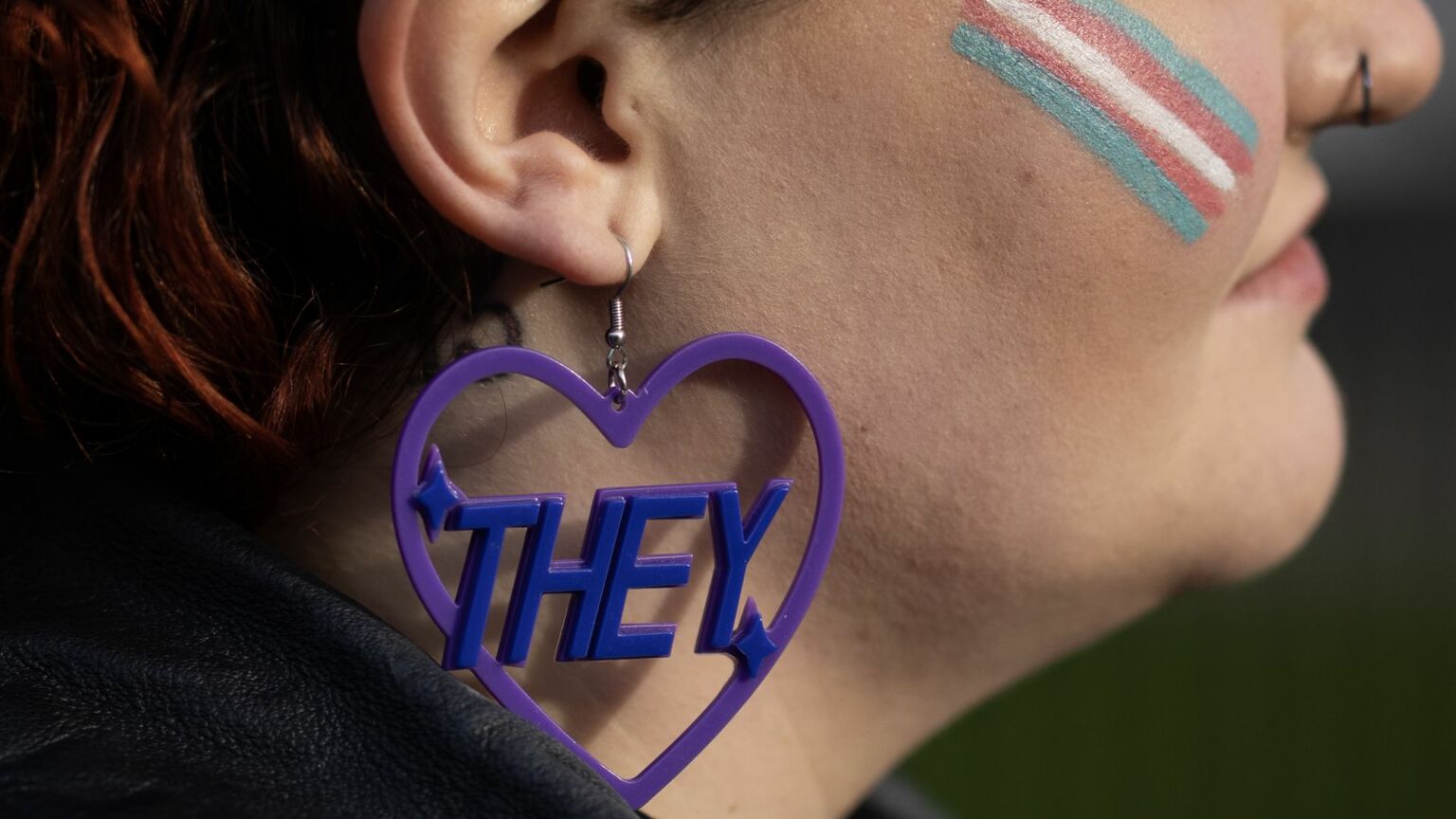How the trans lobby hijacked the Census
A badly worded question on sex and gender identity has produced some utterly absurd statistics.

Did you know that one in every 67 Muslims in England and Wales identifies as transgender? Or that the London borough of Newham has a higher proportion of trans people than Brighton, the UK’s LGBT capital? Or how about the fact that non-native English speakers are five times more likely to be transgender than native speakers?
These are some of the statistics that have emerged from the 2021 Census for England and Wales, which was published in January this year. If they sound a little off to you, you’re not alone. Experts have raised serious concerns about the validity of these findings.
The 2021 Census was the first ever to collect data on gender identity. It found the total number of trans people in England and Wales to be 262,000 – that’s 0.5 per cent of the population. For reference, that’s roughly the same proportion of the population that is Jewish.
The problem seems to stem from the wording of the question. Respondents were asked: ‘Is the gender you identify with the same as your sex registered at birth?’ It’s not difficult to see how the question might trip someone up, especially those who are not au fait with gender-identity ideology or whose first language is not English.
Indeed, English proficiency seems to have been a key driver in how people answered the question. According to the Census, non-native English speakers make up a whopping 29 per cent of the transgender population, despite being only 10 per cent of the broader population. Similarly, in Newham, east London – top of the list for the proportion of trans people – almost half of the population was born outside the UK. The London borough of Brent, which is said to have the second-highest trans population after Newham, is 56 per cent foreign-born.
This week, the Office for Statistics Regulation announced that it would look into the data. The Office for National Statistics (ONS), which runs the Census, has also admitted it is ‘possible’ that the gender-identity question was misinterpreted by respondents. Michael Biggs, a sociology professor at the University of Oxford, summed it up well when he said that the authors of the Census ‘never thought about how a Bangladeshi grandmother or a Hungarian plumber will think about this question’.
So, how did the ONS, the UK’s leading statistical agency, get it so wrong? The influence of Stonewall and other LGBT lobby groups is not hard to detect here.
In the run-up to the Census, there was a great deal of debate over how it should tackle questions of sex and gender. Initially, the ONS had planned to redefine ‘sex’ for the purpose of the Census to mean gender identity. Fortunately, four days before the Census went live, a court case brought by women’s rights group Fair Play for Women forced the ONS to keep gender and sex separate.
Meanwhile, LGBT groups like Stonewall added to the confusion. Initially, Stonewall advised trans respondents to answer questions about their sex by referring to their adopted gender identity, rather than their sex at birth.
According to Biggs, Stonewall was even called in to help consult on the inclusion of the gender-identity question. The ONS says it trialled the question with ‘community testing at LGBT History Month events’, seemingly forgetting about how the rest of the population might respond to it.
Stonewall is not a disinterested party here. It has spent years tirelessly trying to convince the British public that the trans population is growing rapidly. One page on its website (now deleted) even claimed that an estimated one per cent of the UK population could be trans – that would be roughly 600,000 people.
These numbers matter, especially to trans activists. Government makes policy based on these figures and local authorities use them to allocate resources and respond to community needs. A larger trans population would give extra weight to the demands of trans activists. LGBT news outlet Pink News, for example, said that the Census proved there is a need for greater legal recognition of nonbinary identities.
All of this is hugely embarrassing for the ONS, and potentially a disaster for the country at large. The UK’s most important source of population data has been rendered virtually useless. We have sacrificed facts, data and the truth just to appease the trans lobby.
Lauren Smith is an editorial assistant at spiked.
Picture by: Getty.
To enquire about republishing spiked’s content, a right to reply or to request a correction, please contact the managing editor, Viv Regan.








Comments
Want to join the conversation?
Only spiked supporters and patrons, who donate regularly to us, can comment on our articles.